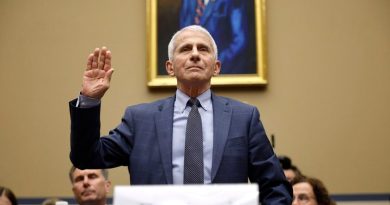Legal Showdown: House Judiciary Takes on Garland Over Biden Tape Alleging Memory Issues
The recent lawsuit filed by the House Judiciary Committee against Attorney General Merrick Garland for refusing to release an audio recording involving President Joe Biden has spurred a heated debate over transparency and accountability in the current administration. The lawsuit centers around the belief that the audio recording sheds light on President Biden’s cognitive abilities, portraying him as an elderly man with a poor memory. The controversial nature of the lawsuit has sparked discussions on a range of important issues, from privacy concerns to the duty of public officials to be transparent with the American people.
At the heart of the lawsuit is the argument that the public has a right to know about the mental acuity of the President, especially given his advanced age. President Biden, who is the oldest sitting president in U.S. history, has faced scrutiny over his cognitive abilities in the past, with various critics questioning his mental fitness for office. The release of the audio recording in question has been framed as vital in understanding the President’s capacity to effectively carry out his duties.
On the other hand, supporters of the administration argue that the lawsuit is a politically motivated attempt to undermine the credibility of President Biden and his leadership. They stress that private conversations involving the President should remain confidential, as they are crucial for fostering honest and open dialogue within the executive branch. In addition, they contend that the focus should be on policy decisions and actions taken by the administration, rather than personal attacks on the President’s mental state.
The lawsuit against Attorney General Garland has reignited the ongoing debate over the balance between transparency and privacy in government operations. While transparency is essential for maintaining public trust and accountability, privacy rights also play a significant role in ensuring that public officials can engage in candid discussions without fear of constant scrutiny. Striking a balance between these two competing interests is a complex challenge that requires careful consideration of the implications of releasing sensitive information.
Ultimately, the outcome of the lawsuit will have far-reaching implications for not only the Biden administration but also the broader conversation surrounding transparency in government. As the case unfolds, it will be crucial for all stakeholders to carefully weigh the interests at stake and consider the long-term consequences of their actions. The lawsuit serves as a reminder of the importance of upholding democratic values and principles, even in the face of contentious political disputes.




